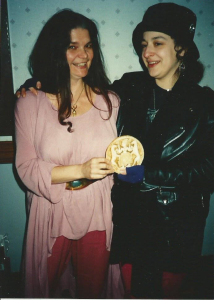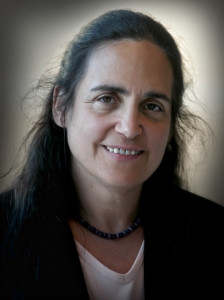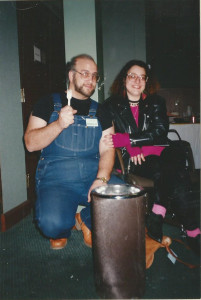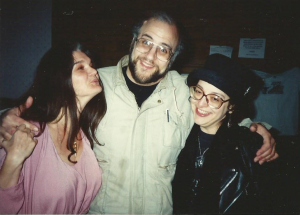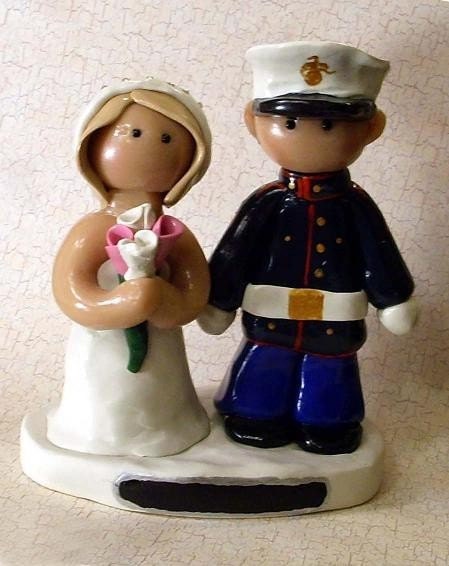I had this long talk about polarity with the spouse last night. One thing that rarely gets discussed is that polarity does not exist on its own.
Look at yin and yang. Typically, you see the symbol as black and white. But if it’s black and gray, then gray=Yang. If it’s white and gray, then gray=Yin. And if it’s gray and gray, then whichever shade of gray is darker=Yin. It is therefore almost impossible to understand whether something is Yin or Yang unless you see the full circle; both sides of the polarity.
As we understand this, we understand that working polarity magic requires two ends of the pole, and it requires both separation of, and bringing together, the poles.
So after our conversation, the spouse went off and graded papers or whatever the fuck she does when she’s in her cave, I started thinking. Maybe the reason gender is so incredibly important in Gardnerian symbolism and practice is because it’s one of the few stand-alone polarities. Most of us know, all the time, which gender we are.
So, I know my femaleness all the time, whether or not there’s some maleness around to energize or activate that pole. Most of us do. Sexual orientation doesn’t impact that, although people used to think it did. Being transgender doesn’t necessarily impact that either: Many transgender people are as 100% solid in their internal understanding of their own gender as most cisgender people are.
Some people (including a lot of trans* people) are genderqueer, meaning they live with gender ambiguity of some kind. Maybe they feel differently about gender expression at different times, or maybe they live with and embrace body/mind difference (male-bodied, female spirit, or vice versa).
But most of us know gender all the time, and our culture is very invested in knowing gender all the time, and so it becomes really, really important in ritual, because it shows us the poles. All the time.
Some other things are polar all the time. A cup, for example. There doesn’t have to be anything in the cup to understand it as a receptacle (Yin). Similarly, an athame is pretty much inherently Yang, although if you eat your peas off the edge, you’re using it as Yin. The Gardnerian tradition emphasizes and needs things that are inherently polar.
One of the things people ask is, does the Gardnerian tradition exclude people who are trans* or genderqueer. Like almost everything anyone asks about “the Gardnerian tradition,” the answer is, depends on the individual coven. But mostly, absolutely not. To the extent that a person has an inherent understanding of their own polarity, that person can work a polarity system. I think the system works best when there is internal knowing of polarity, but remember, polarity actually functions only when there’s an opposite pole. So the system works with a queer person expressing polarity in relation to others; being Yang by working with a Yin partner, for example. After all, the energy doesn’t happen without the partner anyway, so why not?
When you work polarity solitary, you can complete the circuit internally (finding the opposite “dot” on your usual side of the yin/yang symbol), or you can use external tools (athame, cup) to work polarity (or both). You can also complete the circuit with the Gods: Female energy to God, male energy to Goddess, queer energy to queer deity, however you like, wherever you find the circuit.
The tradition will persist in needing the inherently polar wherever it is found; in bodies, in gender-spirit, in tools, in ritual formalities. But the tradition doesn’t need to get stuck in an older and outmoded understanding of gender. Most covens have grown the fuck up.


